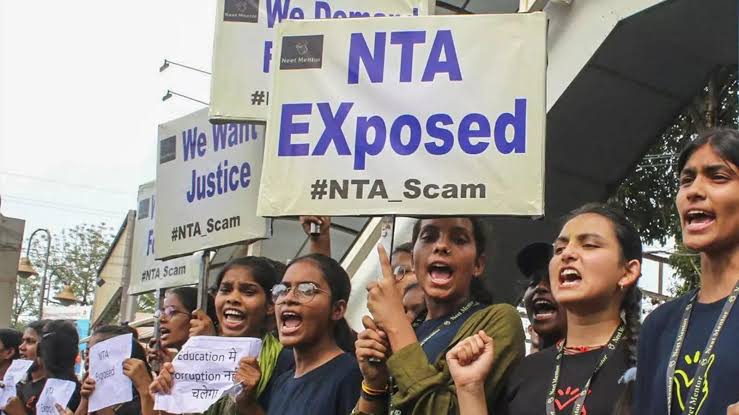
The massive mess-up caused by the NEET scam has brought utter dismay to 24 lakh candidates, who had high hopes to be one among 1,08,915 winners eligible for admission in one of the 706 medical colleges across the country. Who should be blamed? Sensible citizens await the National Testing Agency to admit that the buck stops at their end. Citizens would also want to know what steps the NTA is proposing to take for concrete course correction.
But how will the Agency go about it? To start with, going back objectively to our experience in terms of centralised exams would do some good. As a country, centralisation of exams is not new for us. Centralised admission tests in the country had begun way back in 1929 as an experimental strategy of academic standardisation of secondary school examinations in colonial India. This was done on the basis of Western criteria.
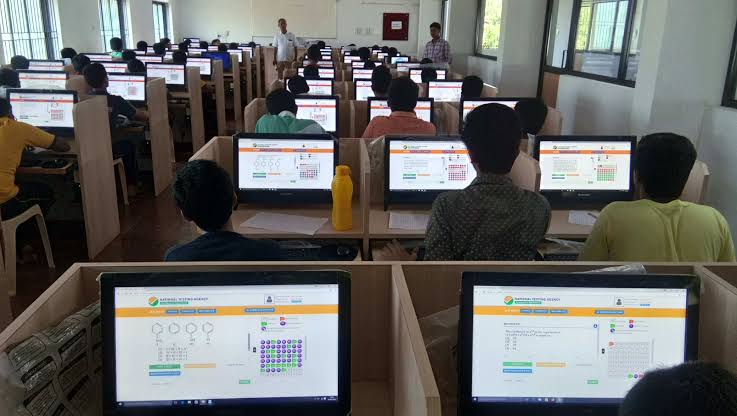
This system was reconstituted in 1952, after Independence. This reconstitution had two important objectives. Firstly, the reconstitution had the objective of ensuring that the Western standards – considered high at that time – was maintained through secondary examinations in Independent India. But, at the same time, there was also the emphasis that the national goal of social and community integration should be held aloft in the system. Subsequently, this board was renamed as the Central Board of Secondary Education (CBSE), mandated to conduct the public examinations of X and XII classes of the central schools all over the country.
CBSE, the World’s Largest Exam Body
Soon the CBSE was entrusted with the responsibility of conducting various post-secondary level entrance examinations for the medical and engineering institutions. Ever since it had been conducting the All India Pre Medical Test (AIPMT), National Eligibility cum Entrance Test UG (NEET), All India Engineering Entrance Examination (AIEEE), renamed in 2013 as the Joint Entrance Examination (JEE) Main, National Eligibility Test (NET), Central Teacher Eligibility Test (CTET) and Central Universities Common Entrance Test (CUCET), in addition to its originally mandated responsibilities with the summative annual examinations of the high and higher secondary schools. CBSE had been the largest exam conducting body in the world till 2018 when all the tests except the finals of the X and XII Classes, were outsourced to National Testing Agency (NTA).
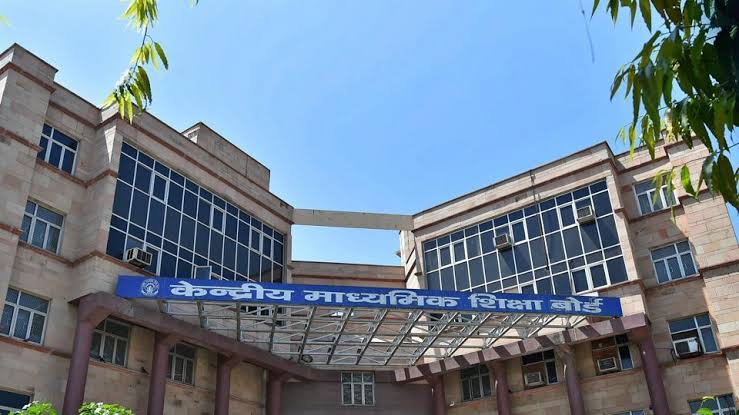
This decision to constitute NTA for the conduct of exams is said to have been necessitated by malpractices and irregularities allegedly rampant in the admission tests conducted by the CBSE. Nevertheless, CBSE with the legacy of a period more than half a century, was not blamed as an agency. What the NTA has messed up now has been conducted efficiently by the University Grants Commission (UGC), the Central Board of Secondary Education (CBSE), and central universities, such as the Delhi University and Jawaharlal Nehru University (JNU).
NTA’s Failure
NTA was originally proposed as part of the Programme of Action 1992 under the National Education Policy 1986. Subsequently, the IIT Directors’ Committee recommended it in 2010, to have it as a legislatively constituted autonomous national agency modelled after the fully autonomous Educational Testing Service (ETS) of the United States. Thus NTA came into being, ostensibly an autonomous set up, but under the political control of the Ministry of Education, Government of India. This political control has indeed been largely counter productive.
The NTA’s very record of the last five years, through which it has proved to be nowhere near attaining efficiency, transparency, and credibility underscores this major limitation or drawback. Though originally conceived as an autonomous body that would emulate international testing agencies such as Educational Testing Service (ETS) that conducts Graduate Record Examinations (GRE) and Test of English as a Foreign Language (TOFEL) or Graduate Management Admission Council (GMAC) that conducts Graduate Management Test (GMAT), NTA fell woefully behind in attaining its stated objectives.
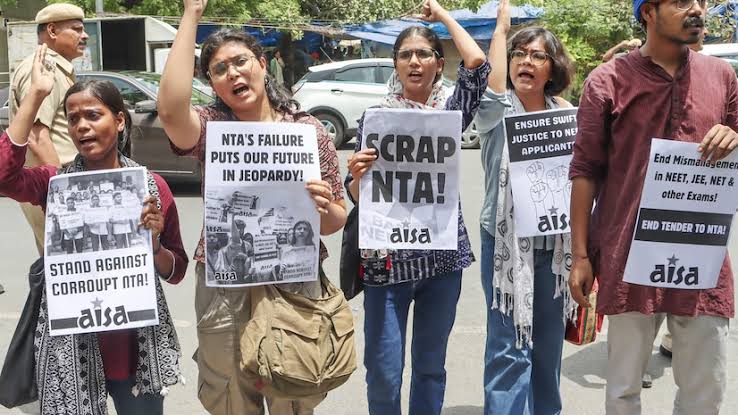
NTA has been exposed as professionally incompetent through NEET question papers with serious errors. It has also been proved to have failed in checking fraudulent practices. Organised foul play is evident in the norm-less decisions of the NTA officials to postpone the NEET exams several times. The same negative trend is palpable in the announcement of results in a haste, seemingly to coincide with the results of political elections. This timing is termed suspicious as it is widely believed that it was fixed so as to gloss over and cover up the anomalies in the tests, in the context of nation-wide public excitement over the election results. One cannot also not ignore the possible nexus of the multi-crore industry of coaching institutions behind this.
State Level Federal Collaboration Is Essential
All this prompts us to suspect connivance of corruption from above, which is quite natural in a crony capitalist state-power that resorts to all means to strengthen the unitary structure of governance, blatantly weakening the federal set up. In fact, national centralisation of admission tests itself has been perceived by a number of regional,social and political organisations, as a political strategy determined to impair federalism.
So, to put it in a nutshell, bringing back enhanced State level participation is primary and essential step to set right the national examinations. Greater involvement of the State machinery would contribute to the greater protection of institutions and students handicapped by regional limitations. Higher engagement by State governments would also ultimately lead to assurance of social justice, which the CBSE and institutions like JNU had done successfully.
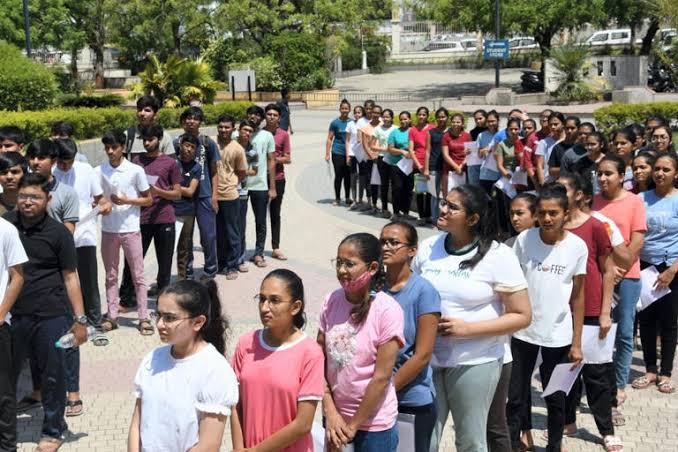
Clearly, a transparent examination system of credibility is feasible only with collaboration at the State level. It is important to use a question bank complete with well-framed questions. Nevertheless, it does not mean mechanical questions meriting quickness in comprehension rather than critical thinking and creativity. Digital technology enabled proctoring is necessary for efficiency in the conduct of tests as well as to ensure transparency.
Will the agency take these points for course correction? As someone who has spent over five decades in the higher education sector, I believe that these could well be the starting points of course correction.


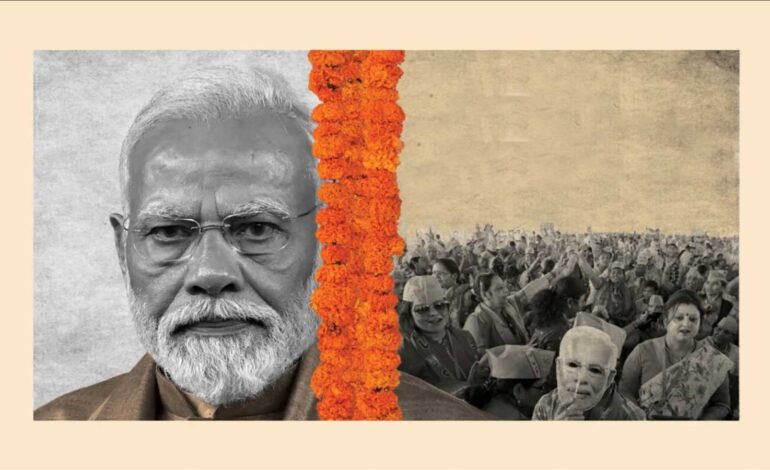
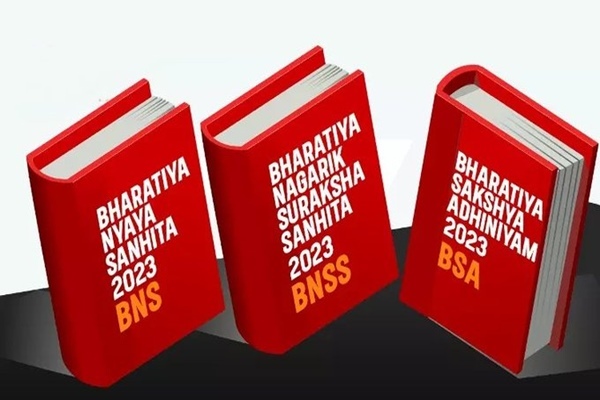

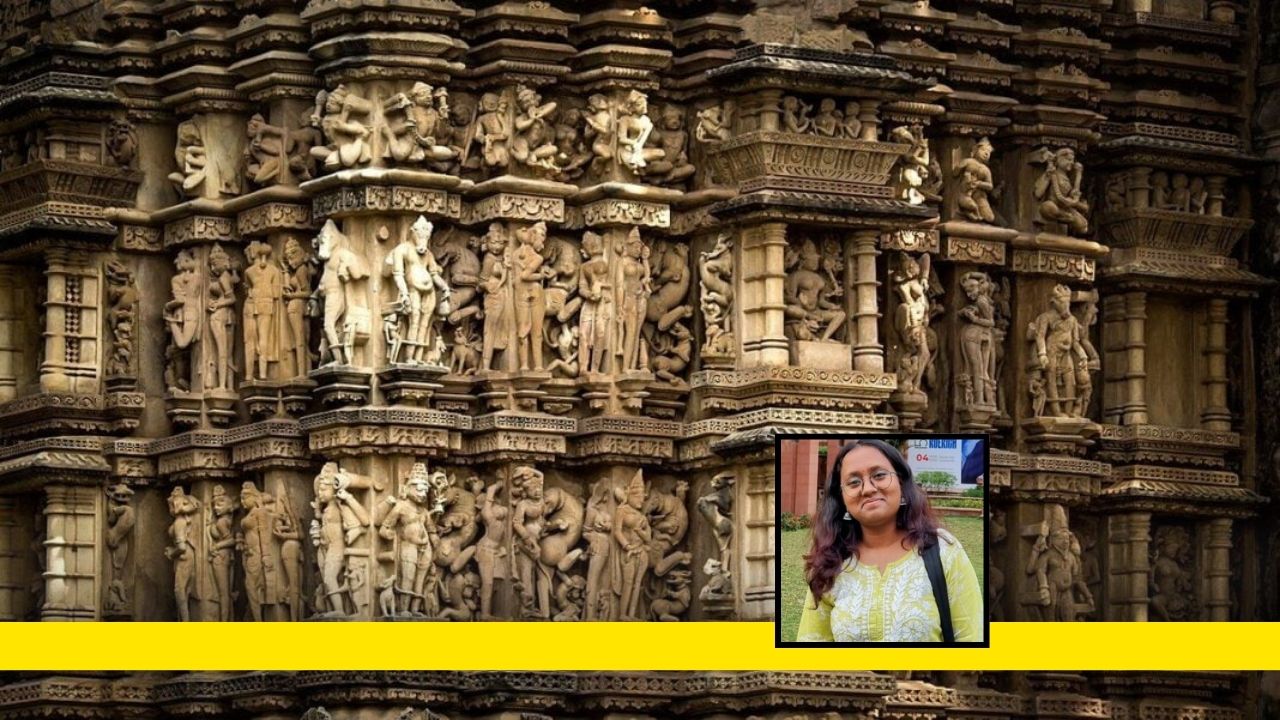

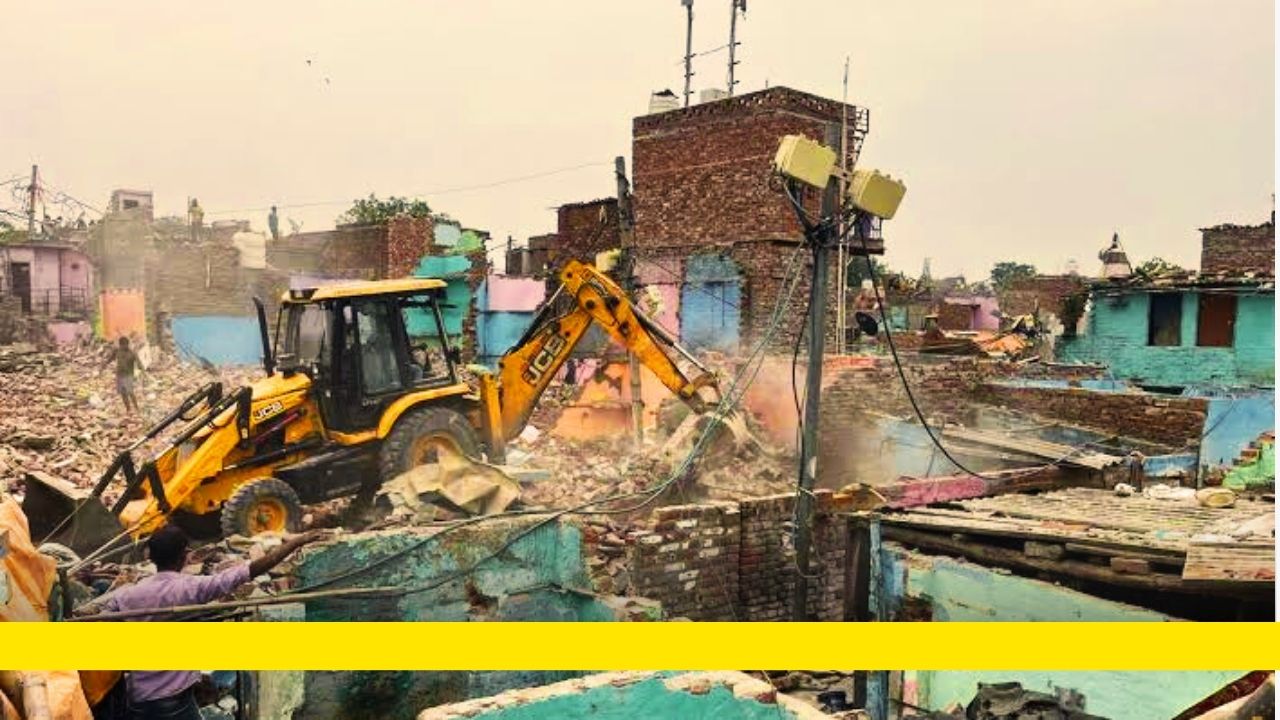




The observations of the renowned academic are eye opening and relevant . Hope the government and ministers understand this
Very right observation about the chais of national level examination. The coaching centre culture has very detrimental effect on social justice and equity as pointed out in this article. One should stop this system.